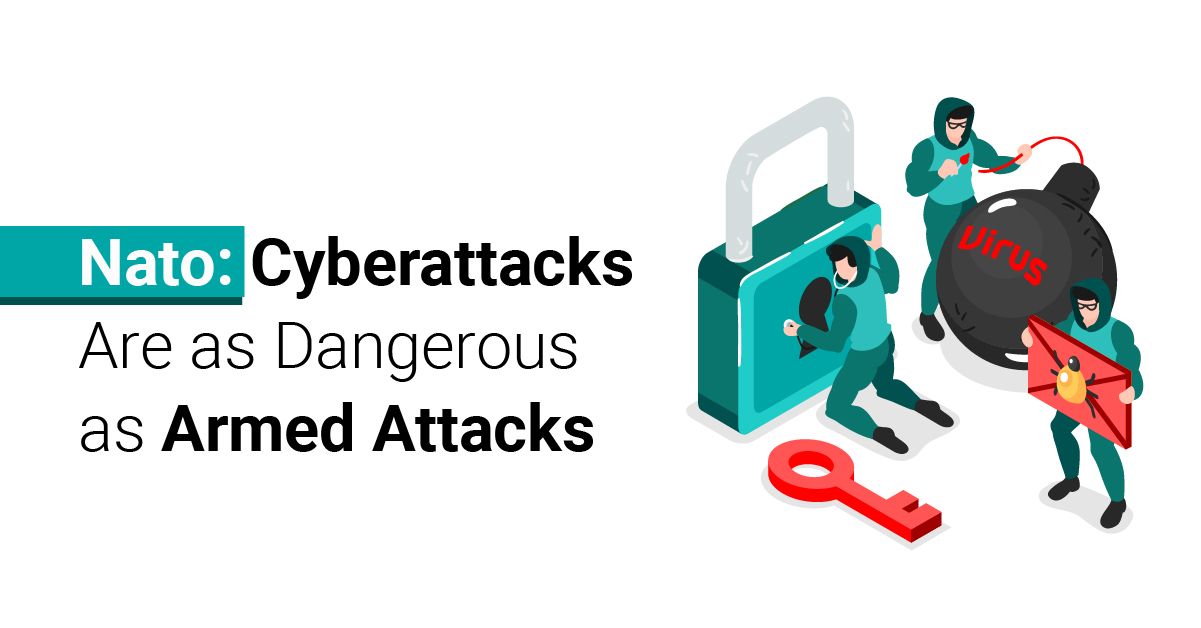
Nato: Cyberattacks Are as Dangerous as Armed Attacks
We are all too familiar with the havoc that ransomware and cybersecurity attacks can wreak on both industries and society as a whole. NATO (The North Atlantic Treaty Organization) believes cyberattacks have so much power to cause destruction, that they now view them as equally dangerous to armed attacks.
What does that mean in practice?
Hackers could be met with a military response the next time they attempt a cybercrime. Whether we wish to accept it or not, the nature of crimes and warfare is changing drastically. It’s up to us to come to the next generation of battle prepared.
Cybersecurity is a global problem
Cybersecurity risks are no longer limited to certain industries or nations. It’s a fast-growing, quickly evolving issue that threatens global privacy and security. Due to the series of cyber threats that have plagued the world, NATO has endorsed its "Comprehensive Cyber Defence Policy", which under certain circumstances (depending on the level of destruction), can be judged at the same level as an armed attack.
How can we stop cybercrime?
While cyber threats are constantly evolving, there are still a few key nations whose cooperation is vital to the globe’s success in stopping cybercrime.
China and cyberattacks
China’s growing influence and power in regards to international policies, especially considering its disinformation campaigns, can prove to be very challenging to nations globally, if not handled properly. It’s essential that they align their aims with other global players to defeat cybercriminals and ensure we have a strong front implemented in regards to data protection.
Russia and cyberattacks
Colonial Pipeline and SolarWinds supply chain attacks credited to ransomware groups.
Both the Colonial Pipeline attack as well as the SolarWinds supply chain attack have been credited to Russian ransomware groups, which means Russia has a key role to play when it comes to handling cybercrime.
If nations manage to work together, they will be able to defeat these hackers and protect our global safety. The only question is if nations can put aside their differences to join forces against a common enemy: cybercrime. Read the original article here.